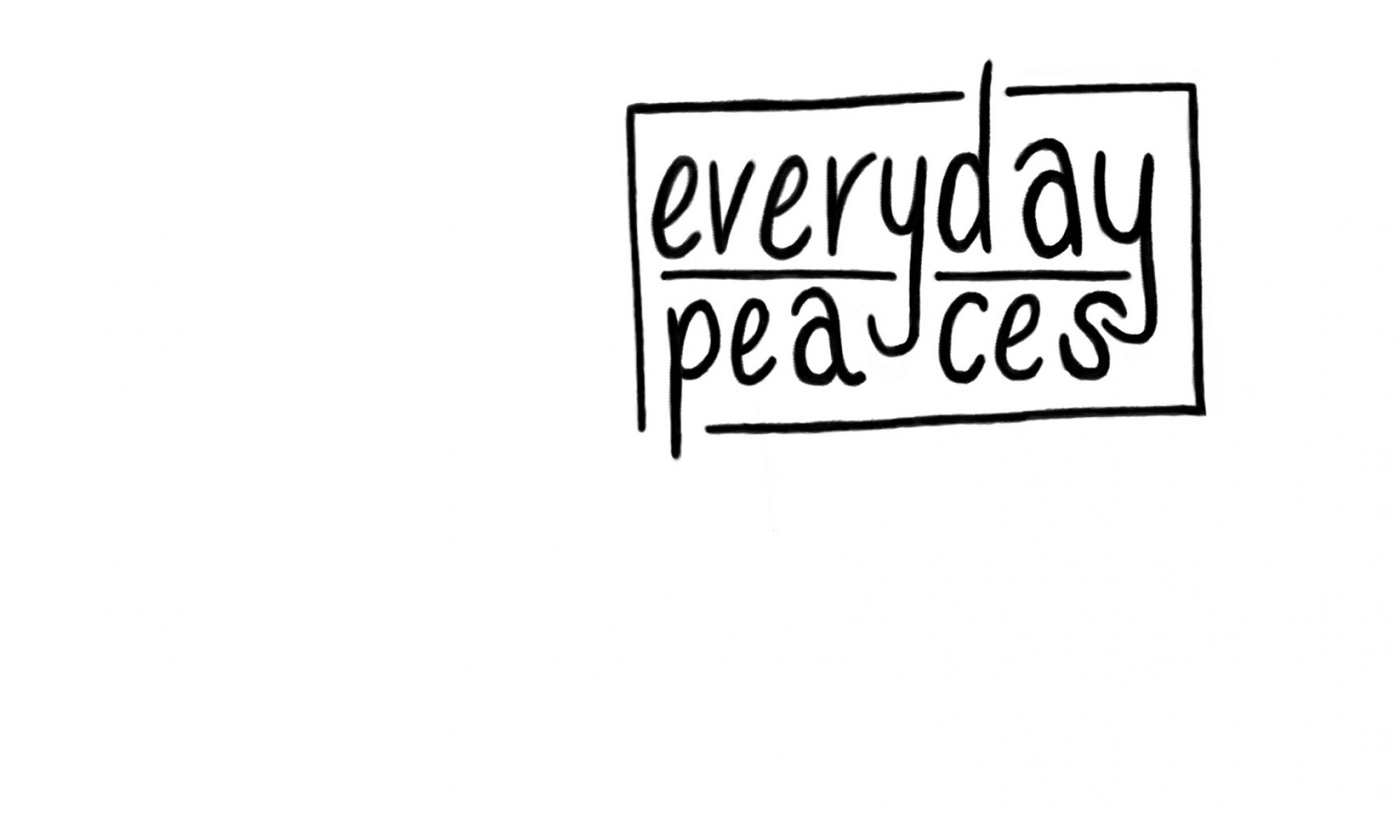In the summer 2013, I found myself and a group of fellow students on a plane towards Amman, Jordan. We were going to spend two weeks planning and attending a summer camp for young Red Cross/Red Crescent volunteers from Denmark, Jordan and Palestine with the overall goal of debating gender issues in our countries. Little did I know that my main lesson this summer would have much less to do with gender than humanity in general.
I had never been to the Middle East before, and before landing in Jordan my naïve adventurous 20-year-old brain imagined delicately drawn deserts like in Walt Disney’s Aladdinwhile the slightly more rational soon-to-be-journalist side of me remembered news reports from the Arab Spring and revolutions in the neighbor countries. Real world-Jordan was peaceful and laid back but obviously not like the fairytale. Nevertheless, I had an experience worth a movie on that summer camp.
At the camp, I met a boy called Mustafa, and we became friends almost from day one. Almost. Mustafa was from Palestine and Muslim. I was from staunchly secular Denmark, where many people consider religion a bit old-fashioned and more like a target for jokes – especially the beliefs we do not understand. Mustafa had got to know this when a Danish illustrator’s satirical drawings of the Muslim Prophet Muhammad had caused a huge outrage all over the Middle East followed by a boycott of Denmark and Danish products.
Mustafa was a nice guy. He helped carrying out activities at the camp, he was a skilled artist, and his English was so good that he was one of our best translators for the participants who only spoke Arabic. What I remember most about my first impression of him is that he seemed rather shy. But in his own quiet way, he revealed his many talents and willingness to share them to make the camp a great experience for everyone.
So, on the last night of the camp he really blew my mind.
We had a cultural party with Danish fashion show, Arabic dancing and loads of sweets from both sides of the world. We were sad about the upcoming goodbye the next day but also full of joy and candy from the party. By the end of the evening I was sitting outside and breathing in the Jordanian night with a couple of friends, including Mustafa. We were probably already reminiscing about the camp experiences and what we learned about each other’s countries, but in the middle of the conversation Mustafa looked shyly at me and with a “don’t be sad” he told me how much he had despised Denmark only one week ago.
What he knew about my country was related to the Muhammad caricatures, and like many others he had been outraged. He had even been burning our flag on the streets of East Jerusalem. The reason he initially went on this summer camp was that he thought he was going to a camp for Arabic Red Crescent volunteers, and he had gotten a chock when one of my classmates had presented himself on the first day with a “nice to meet you. I am Martin from Denmark!”
I could not believe my own ears. Mustafa – the calm, nice friend I could never imagine doing harm to even a stray dog – was sitting there with me, telling me how he would once have hated me just because of the fact that I was from Denmark. “But now I see things differently,” Mustafa assured me. “I am really happy that I went to this camp because now I have seen that you Danes are awesome people.” I was giddy with joy. Not because he called my people “awesome” but because he – just like that, with these few words – had made the camp so much more meaningful than it already was. “And when I come home I will tell all my friends that I know some nice Danes,” continued Mustafa, and my cheeks started to hurt from all my smiling. “Then they will also know that you are good people, too.”
Looking back, I always wondered what exactly we did that changed his mind. The truth is, we did not do anything specifically. We were all just a bunch of young people having fun, learning from each other and giggling over language mistakes. Cultural differences and religion did not take up much space in our minds. We Danes had been briefed from home about potential differences to be aware of – girls should cover their knees and shoulder, guys and girls should not hug or touch each other – and at the camp, the young Jordanians and Palestinians were just laughing at our attempts to be conscious. In the end, our ways of being young and having fun were not that different.
I am not writing this story to paint a rosy picture of the world. I do not mean to deny the existence of religious extremism or insinuate that Westerners or Arabs, who never travelled or met foreigners, are automatically narrow-minded or racists.
I am writing this down because it is a good story that always put a smile on my face. And we do indeed need smiles in times like these, when we close our eyes and borders to what we do not understand. Last but not least, I am writing the story because I cannot help but wonder whether Mustafa or good people like him are currently stuck in a refugee camp in Greece or being bombed in their own home.
It is stories like this I want to remember and pass on for the rest of my life. Both in the middle of a humanitarian crisis but also in the daily life because a story like this hopefully can generate the smiles that will make us tear down the walls around our countries and our minds.
(This story written down by Ida Scharla Løjmand)
